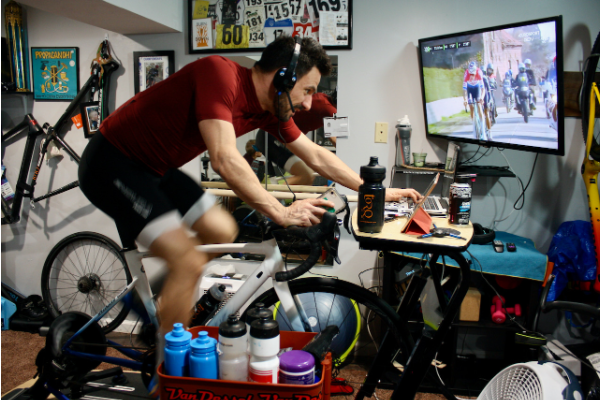
Nutrition for winter cycling: how to fuel off-season miles
Fueling Those Winter Miles The days are getting shorter and the temps continue to dive down. Winter will officially start in a week but it
By: A.V. Schmit
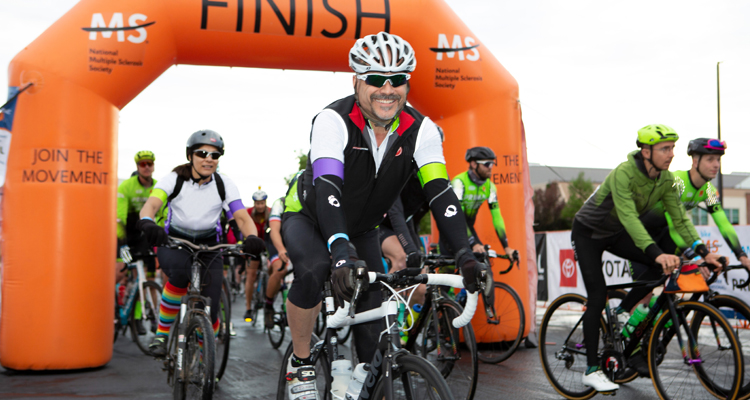
By: A.V.Schmit
As I have reached and surpassed age 50, I find myself asking versions of this question often. Why do I continue to ride? Why do I still shave my legs? Why do I obsess over my heart rate and log my training rides? Why do I ride the same charity events every year?
For the most part, the answer to many of these questions is rote. Because cycling is in my DNA. Because I have done this or that since I can remember. Because I always have. Just because…
There are far too few opportunities in this life to affirm that the answers to that question are valid. That the responses to the question — Why Do I? — are not simply a modern-day equivalent to George Mallory’s, “Because it is there.”
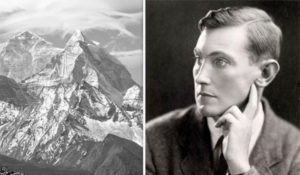
That monumental quip was Mallory’s retort after being repeatedly asked by a group of over-zealous New York City reporters, “Why Climb Everest?” A flippant response, yes, but one that made an indelible mark on the lexicon of mountaineering and to varying degrees on pursuits that the pundits deem without sufficient merit to justify the individual’s motivation to pursue them.
Many non-riders feel that way about the obsession that is cycling. You’re heading out to do laps on Lookout Mountain… Why? What do you care what your resting heart rate is? You paid what for a new set of wheels? You’re going to give up your weekend to do this or that charity ride?
They just don’t get it. And perhaps it’s in part because of my inarticulate responses to the, “Why Do I?” question, both internally and externally. Cycling continues to evolve, from gravel to eBikes, from protests like Critical Mass to “ghost bikes” that are all too often a sight by the side of the road where a cyclist has perished.
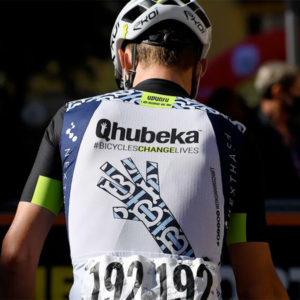
Cycling will continue to evolve, because it has the power to change lives. Organizations like Quebekka, a South African based NGO that has donated more than 75,000 bicycles to the indigenous people of Africa, has been a cosponsor in the pro peloton for more than a decade.
And closer to home, organizations like the National Multiple Sclerosis Society have used bicycles as their key fundraising effort since 1980.
Nationally, BIKE MS (formerly known as the MS150) events have raised more than $1.4 billion dollars for research, patient services and advocacy.
This year’s BIKE MS will travel from Broomfield to Fort Collins and back, with more than 1,500 cyclists expected to ride. For those not familiar with the BIKE MS, it is a two-day, 150-mile pledge ride to benefit the National Multiple Sclerosis Society. They are held throughout the country, and a major source of funding for the MS Society.
“The money that our riders raise for Bike MS: Colorado has a direct impact on our local MS community. There are more than 17,000 people living with MS in Colorado and direct financial assistance was provided to 91 people in 2022 in the amount of $172,464. Additionally, funds are used to support research projects at CSU and CU and support groups throughout the state, including groups for special populations, such as millennials, men, and people of color living with MS. It is so important to raise awareness to continue to make progress and support our friends and family in our local communities.”
— Erika Barnum – Development Director, Bike MS
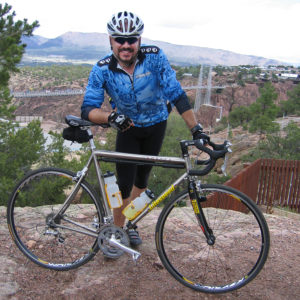
I’ve probably done BIKE MS or its predecessor the MS 150 more than thirty times. To be candid I can’t really remember exactly how many times I’ve pedaled “Go for the Gorge” which traveled to the Royal Gorge or “North by Northwest” which travels to Fort Collins. Over the years, BIKE MS has just become a permanent fixture on my summer cycling calendar.
When I was racing, it was a contractual requirement to do at least one charity event per season. In team kit, obviously. At the time I didn’t know anyone with MS, but a lot has changed since then.
Today, I literally have eight friends who have MS. Notice I didn’t say “struggle with” or who are “afflicted by,” because my friends never cease to amaze me with their willingness to try new things, give challenging activities a go, to not let their MS define who they are. You know who you are and you know how I admire each and every one of you.
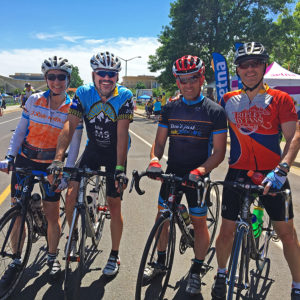
Then, there’s a woman I met randomly in Fort Collins on a BIKE MS overnight, let’s call her Kristine. She pulled alongside me in her red Saturn and asked if I could lend her a hand. Assuming she needed directions or other information, I said, “sure.” Having attended CSU, I figured I could at least point her in the right direction.
I was somewhat taken aback, when she asked if I could “spot” her while she got into her wheel chair. Still, I was game. I mean, I may have bird-like bike racer arms, but there was no way I was not going to help her.
I then was afforded the opportunity to witness the challenges of having MS, first hand. First, I assisted with the assembly of her wheel chair, popping on the wheels and inserting the cushioned seat that prevented pressure spots. I then learned about the intricacies of using the “Slide Board.” A piece of reinforced plywood with cutout handles that she uses to slide from her car seat into her wheel chair.
After I had “pulled her up by the back of her shorts,” and positioned her in the chair, a rather awkward and undignified procedure to be sure, I affixed the side of her wheel chair. This was a “Slot A, Tab B” sort of affair with the only reference point being the faint logo of the chair’s manufacturer on one side.
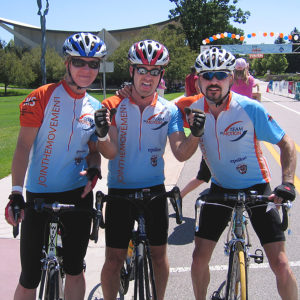
Kristine had come fully prepared, and had small elastic and Velcro bands attached to her non-functional legs, just above her ankles, to make it easier for someone to position her legs in / on her wheel chair. I used those to get her legs positioned; all the while her legs were twitching and moving about, without her intention.
During the course of this procedure, I learned that Kristine was an elementary school counselor, and one of two wheel-chair bound employees in the school district. Both she and her counterpart were afflicted with MS.
She collected her belongings and placed them into the compartment beneath her seat. I leaned down and gave her a big hug. She thanked me, but I should have been the one thanking her.
Kristine was off and rolling, we were preparing to leave, and my friend Curly Mary got out of the car and offered to push her over to the volunteer booth where she was checking in to help out with the BBQ for the riders.
“I just couldn’t sit there and watch her struggle up that hill while I sat and watched,” — Mary Pridgen
While this anecdote may seem trivial, it was really quite profound for me. After riding more than 75 miles on my bike, I was pretty tired. But I can’t imagine how tired she must get after a simple day that involves so much effort, just to get around.
It took something like 20 minutes just to get out of the car, get her wheelchair put together and get situated in it. She did it with such grace and aplomb, that it masked the true effort involved. Having MS must be exhausting.
“I have always relied on the kindness of strangers.”— Blanche DuBois from A Streetcar Named Desire
Well, Kristine, there are 3,300 strangers just across the street who have just ridden for you, and others like you.
But I was the luckiest of all that day. Because I got to help a person, that I had never met… that I will in all likelihood never see again, do something they do countless times a day and, in the process, answer one of those nagging questions — Why do I?
That random interlude made me keenly aware of why I ride the BIKE MS. And reinforced my belief that cycling can make a difference.
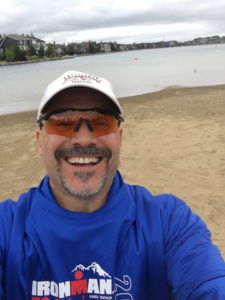

Fueling Those Winter Miles The days are getting shorter and the temps continue to dive down. Winter will officially start in a week but it
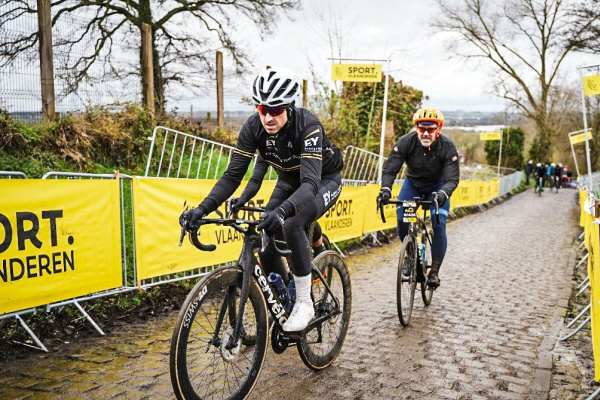
By Kris Thompson, Contributor-AvidCyclist Do you have bucket rides/events you want to do in your life? Bucket rides/events can motivate you into training for the

When it comes to fueling for a big Fondo or Charity Ride, we can take a lot of advice from the professional peloton. Just because
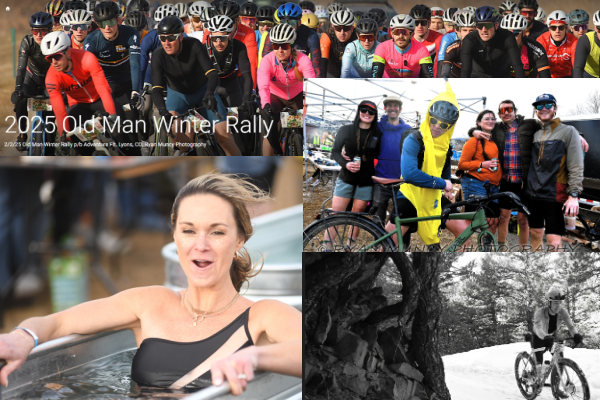
11 years ago, the great folks at Adventure Fit Events set out to create a way for our community to rally together during the winter
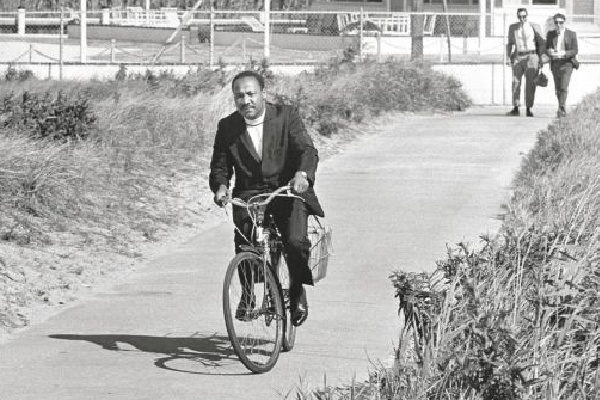
By: Gary Robinson, Editor This coming April 4th will mark 56 years since the assassination, by a racist, of the man whose life we remember
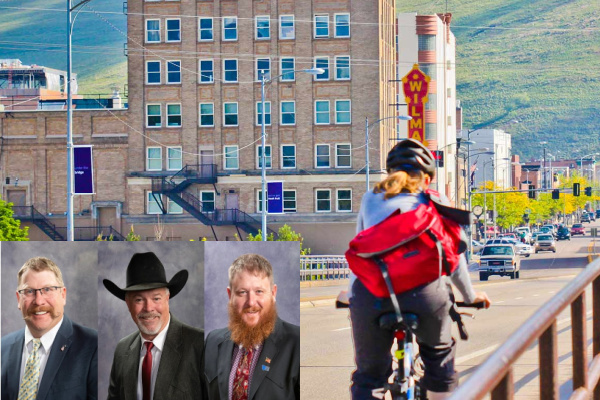
by: Gary Robinson If you are cyclist here in Colorado, there are a lot of things you see that make you shake your head, and